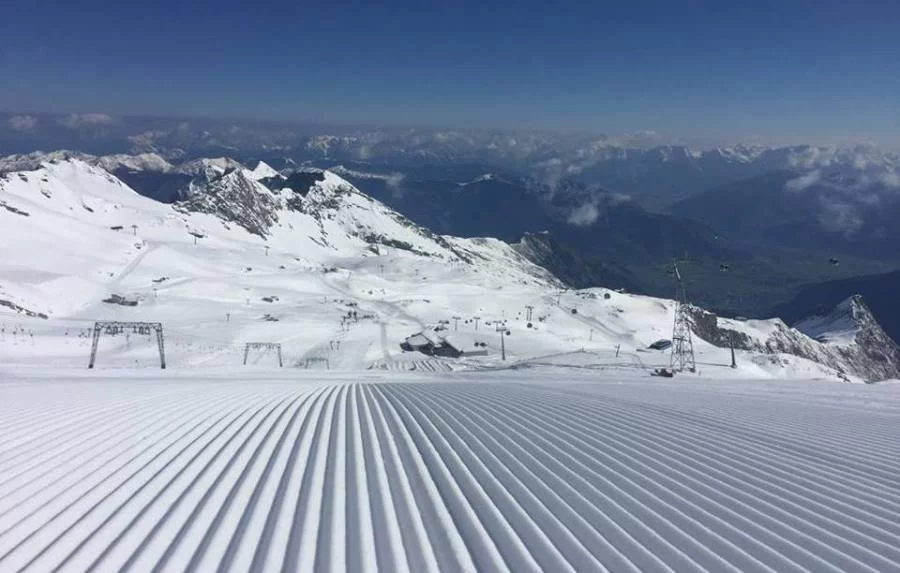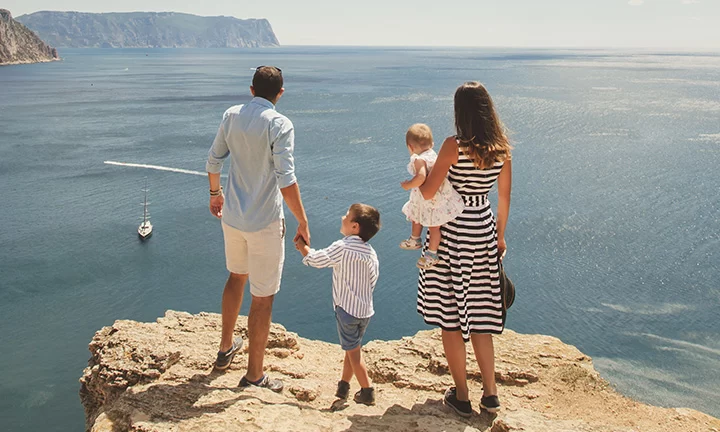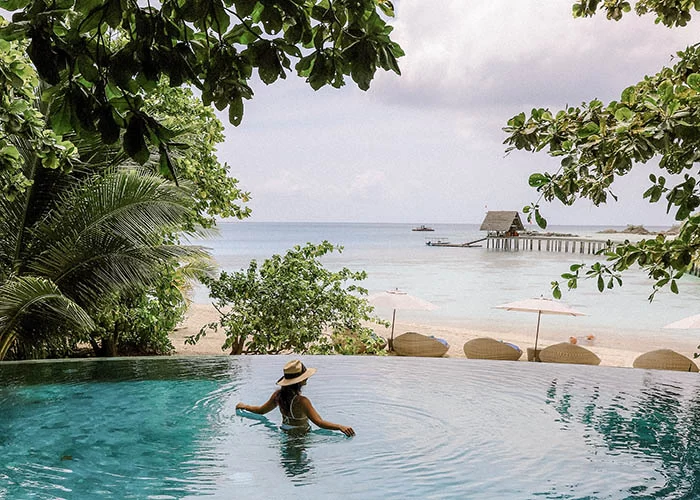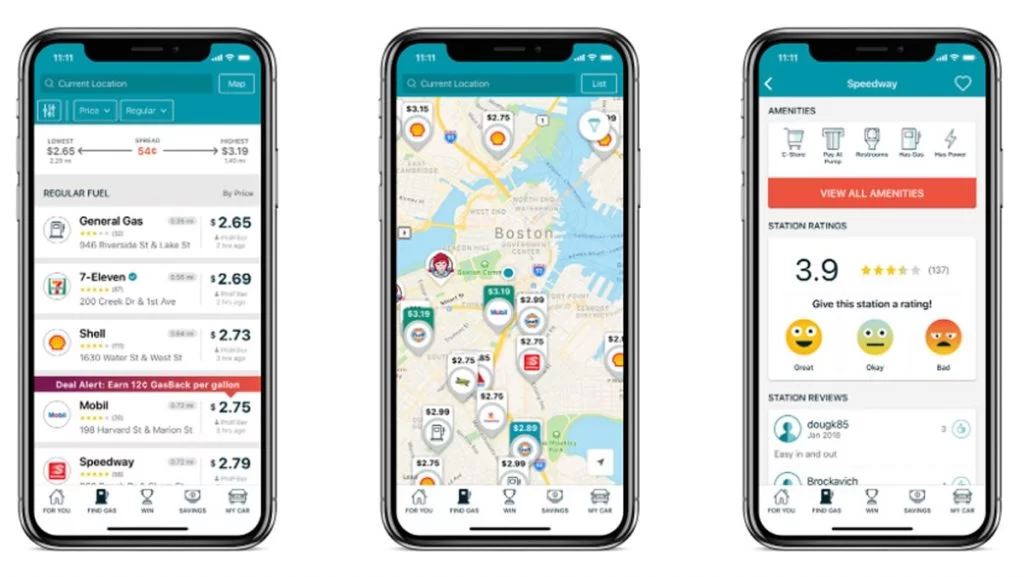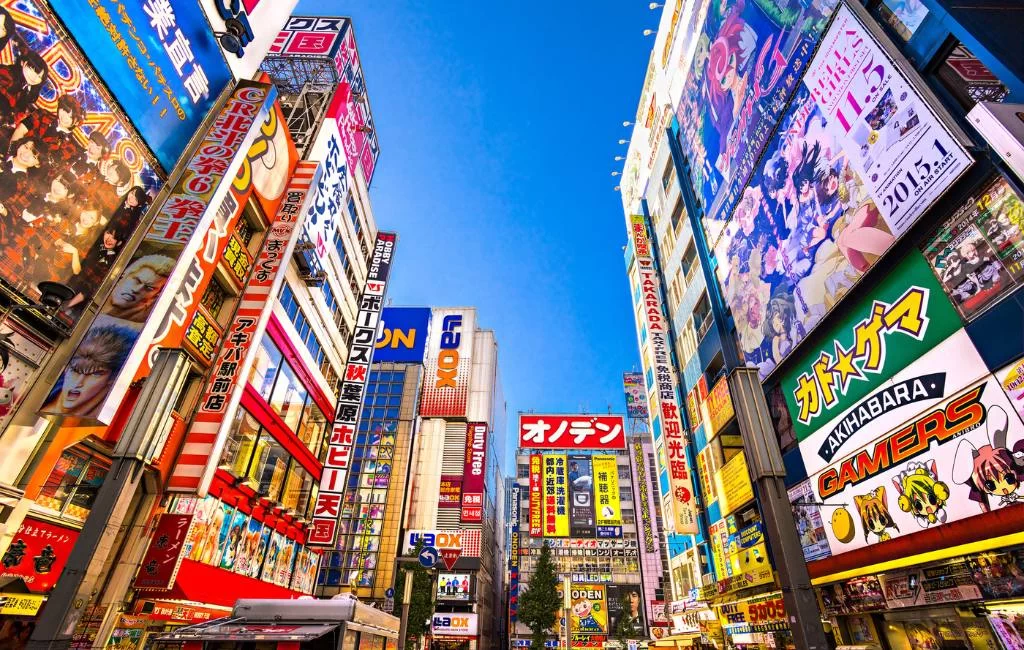Best Time to Visit the Swiss Alps for Skiing: Your Ultimate Ski Trip Guide
- Understanding the Ski Season in the Swiss Alps
- When Is the Best Time for Skiing in the Swiss Alps?
- Top Ski Resorts in Switzerland
- Essential Skiing Tips for the Swiss Alps
- Planning Your Ski Trip to the Swiss Alps
Understanding the Ski Season in the Swiss Alps
The Swiss Alps are world-renowned for their exceptional skiing opportunities. From pristine powder snow to some of the most scenic mountain vistas, skiing in the Swiss Alps offers an unforgettable experience. But with its vast number of resorts, knowing when to visit for the best skiing conditions is crucial.
The ski season in Switzerland generally spans from late November to April, with varying conditions depending on the altitude and the specific resort. Skiing in the Swiss Alps is a luxurious experience, and the timing of your visit can make all the difference in terms of crowd sizes, snow quality, and cost. Here's a deeper dive into the best times to visit the Swiss Alps for skiing.
When Is the Best Time for Skiing in the Swiss Alps?
Choosing the best time to visit the Swiss Alps for skiing depends on a few factors: snow conditions, ski resort crowds, and your personal preferences. Here’s a breakdown of the optimal periods to consider:
1. Early Season (Late November to Mid-December)
For those looking to enjoy fewer crowds while still finding good snow, late November to mid-December is a fantastic option. Ski resorts usually begin to open in late November, depending on the snowfall. During this period, resorts are less crowded, and you’ll enjoy more space on the slopes.
However, be mindful that not all resorts may be fully operational at this time. Higher altitude resorts like Zermatt and St. Moritz tend to have better snow conditions early in the season. It’s also a great time for budget-conscious travelers, as many resorts offer early-season discounts.
2. Peak Season (Mid-December to Early January)
If you're after a festive atmosphere and don't mind a bit of a crowd, the period between mid-December and early January is when the Swiss Alps are at their busiest. Christmas and New Year’s holidays bring an influx of visitors, and ski resorts are in full swing. Snow conditions are generally excellent during this time, and you’ll have access to all resort facilities.
However, this is also the most expensive period, and you’ll need to book accommodations and ski passes well in advance. Expect to pay higher prices for hotels, ski equipment rentals, and lessons during the holiday season.
3. Mid-Season (January to February)
If you want to experience the Swiss Alps in all their winter glory, January and February offer some of the best conditions for skiing. Snowfall is typically at its peak during these months, and you’ll enjoy long days on powdery slopes under clear skies.
While mid-season attracts more skiers than early-season, the crowds are still manageable compared to the Christmas and New Year holidays. This is a great time to visit if you're looking for fantastic snow conditions, less crowded slopes, and more reasonable prices compared to the peak season.
4. Late Season (March to April)
The late season offers fantastic skiing conditions, especially in higher-altitude resorts. As the days get longer, temperatures become more pleasant for skiing, and many resorts start to offer discounted rates. March and April are perfect for those who prefer warmer weather while still wanting great snow conditions.
However, by April, snow conditions can vary depending on the altitude of the resort. High-altitude resorts like Verbier and Zermatt tend to maintain good snow coverage through late April, but lower resorts may begin to experience slushy conditions. It’s also a great time to enjoy après-ski in sunny terraces.
Top Ski Resorts in Switzerland
The Swiss Alps are home to some of the best ski resorts in the world. Here are a few of the top resorts to consider for your next ski trip:
1. Zermatt
Zermatt is one of the most iconic ski resorts in Switzerland, known for its dramatic views of the Matterhorn. It offers skiing year-round, with glacier skiing available even in the summer months. Zermatt’s vast ski area is perfect for skiers of all levels, and the resort is famous for its high-quality accommodations, gourmet dining, and luxury ski chalets.
2. St. Moritz
St. Moritz is synonymous with winter luxury. The resort attracts a glamorous crowd, but it’s also a great place for skiers of all abilities. Known for its chic vibe and impeccable service, St. Moritz offers everything from beginner slopes to advanced runs, as well as world-class shopping, spas, and dining.
3. Verbier
Verbier is one of the largest ski areas in Switzerland, offering over 400 kilometers of slopes and a lively après-ski scene. It’s perfect for both experienced skiers and beginners, and the resort has a laid-back atmosphere, making it popular with families and solo travelers alike.
4. Davos-Klosters
Davos is a world-renowned ski resort and host of the famous World Economic Forum, but it’s also an excellent destination for skiing. The area boasts a vast network of slopes for all levels of experience. Davos is also perfect for those looking for a more relaxed, less crowded atmosphere compared to the glitzy resorts.
Essential Skiing Tips for the Swiss Alps
Before you hit the slopes in the Swiss Alps, here are some essential tips to make the most of your skiing experience:
- Book ski passes and lessons in advance, especially during peak season.
- Dress in layers, as the weather can change quickly in the mountains.
- Make sure your equipment is in top condition, especially ski boots and bindings.
- Stay hydrated and take breaks—altitude can make you feel more fatigued.
- Respect mountain safety rules and be aware of avalanche risks in certain areas.
Planning Your Ski Trip to the Swiss Alps
When planning your ski trip to the Swiss Alps, it’s important to consider your travel dates, ski level, and preferred resort. Whether you're an advanced skier looking for challenging terrain or a beginner seeking lessons and gentle slopes, there’s a perfect resort for you. Be sure to check snow conditions regularly and book early during peak periods to secure the best accommodations and deals.
If you're ready to plan your Swiss Alps ski adventure, visit Rob Travel for more tips, expert advice, and exclusive ski packages tailored to your needs.

